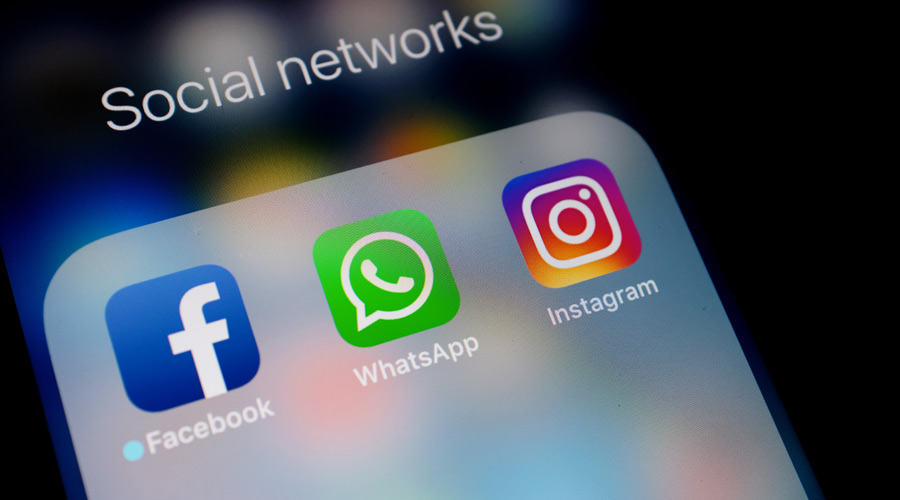Personal and non-institution-related use of social media like WhatsApp, Facebook, Twitter, Instagram or others is very common even when a person is in a workplace like hospital. Regulation of such activities is really very difficult though health-care workers are on active duty for eight hours daily most days of the week.
A detailed study by a social media organisation consisting of 4,000 hospital-related specialists showed that 90 per cent used social media for personal use, while only 65 per cent used it for professional purposes. Healthcare workers may not be much behind. During this Covid period, medical institutions are finding it difficult to cope with the changing situation. Wastage of working hours by using social media for personal use is well known but not adequately calculated.
An adequate and declared social media policy seems to be lacking in most corporate hospitals of Bengal. Surprisingly, most of such personal use of social media is free of cost. Diversion of attention and focus during duty hours may be detrimental for the entire organisation. The upgraded mobile phones are no doubt very useful, but they permit regular and easy use of social media. An international information technology company has mentioned that social media is here to stay. Choosing to participate is not an option anymore. The challenge is no longer the ability to adopt but the ability to sustain.
Thus, if social media is here to stay, regulation and formation of a policy seems paramount. Medical institutions always try to excel but have turned a blind eye to the use of social media for personal use during working hours. Though most of the Bengal hospitals do not have a declared social media policy, one of the leading national institutions have such a policy. The salient features of their policy include
• Omit everything not related to the hospital
• Edit or delete necessary comments
• Omit abusive and hurtful comments
• Omit obscene posts, hate speech and foul language
• Regulate confidential issues
• Omit personal defamatory comments.
All employees are made aware of such policies which have to be adhered to strictly. Being a socially responsible and ethically vigilant healthcare facility is certainly a choice, which needs to be appreciated.
The advantages of social media are many. Professional networking, health awareness and adequate patient care are of great importance.
Promotion of organisational content, news and events are much easier with social media. Most institutions use this medium for marketing purposes. Use of social media for institutional purposes during working hours is welcome. “Wiki” is a Hawaiian word which means “quick” and somehow Wikipedia seems to be quite common in the medical fraternity.
However, the dangers of social media use are many. Poor quality, unauthentic information tends to erode credibility and reliability significantly, which is a matter of grave concern. There have been privacy and security breaches which need immediate attention. Patient confidentiality needs to be protected at all costs, uploading information on social media sites need proper regulation.
Mental issues like depression or addiction to various social media may be dangerous. Damage to professional image is also a possibility. There are many ethical, medical and legal issues that need to be sorted out.
Solutions
Creating a social media policy according to local requirements is necessary. However, ways and means to stop personal use of social media during working hours is a necessity which certainly will increase efficiency and output. Submission of mobile phones while on duty and using hospital equipment may be harsh, though maintaining connectivity with all hospital staff is essential. Social media should not be a disruptive force in the years to come and tracking messages is certainly an intrusion to privacy. In the late 1980s, there was no regular use of mobile phones. At the Tata Memorial Hospital, Mumbai, pagers were used which buzzed and the nearest telephones were attended to. Work and training were uninterrupted, and the question of personal use never arose.
Social media is now here to stay. Policies have to be formulated and implemented accordingly for all hospitals. The government can regulate all social media platforms but probably not to the extent that business cannot be done in India.
Does the hospital you visit have a social media policy?
Gautam Mukhopadhyay is the secretary of the Bengal Oncology Foundation and clinical director of the department of surgical oncology, Peerless Hospital
